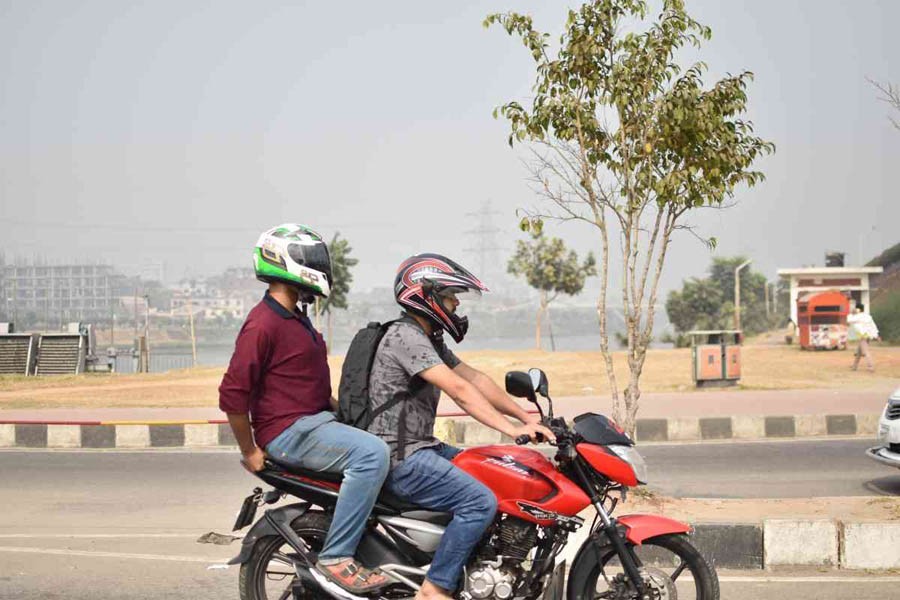Over the years, some policy supports, including reduced taxes, make motorcycles cheaper and easier to avail of. Now there is a move to cut the registration fee to drive the vehicle further cheaper. Currently, a motorbike owner has to pay around 22 per cent of the price of a bike as fees and taxes to get registered with the Bangladesh Road Transport Authority (BRTA). A media report suggested that the government may cut it down to 10 per cent of the price. The argument behind the move is to encourage flourishing of the motorcycle industry in the country where both local and foreign investments are growing.
There may be some economic rationale behind cutting the fee, which will reduce the cost of a motorcycle. It will thus help more people to procure motor vehicles and increase their mobility. Better mobility will also increase productivity. Already, people in many remote and backward areas have been able to overcome the difficulty of hazardous communication and get better access to nearby business hubs thanks to the rapid growth of motorcycle. BRTA data showed that in 2019, the total number of newly registered motorcycles recorded at 0.40 million across the country, which was 0.39 million in 2018. During the first half of the current year, the number stood at 0.13 million. If Covid19 did not hamper the normalcy, the number would be higher.
Nevertheless, it is necessary to consider the social cost of promoting cheap motorcycle which has already been sidelined by the economic rationale. With a growing number of motorcycles, incivility and unruliness of the bikers are also rising. Violating the traffic rules, creating nuisance on roads and carelessly riding to make a room in traffic congestions, most of the motor-bikers have created an atmosphere of utter nuisance and disgust. Even the regular penalty for violating traffic rules does not effectively contain the unruliness of motorcycles, especially in Dhaka. It is, however, due to inadequate and discriminatory imposition of fines by the traffic police.
A wild attitude and uncontrolled shameful behaviour of a large number of bikers have already turned them a menace to others. They become more self-centred and individualistic. By driving recklessly, bikers hurt many pedestrians regularly, and some get injured seriously. Some motor-bikers also carry their children to drop and pick up from schools. Children are, thus, silently learning the unruliness on roads.
More dangerous are teenagers who consider motorcycles as a symbol of status and strength. To be a proud possessor of a bike, many of them are coercing their parents and creating family troubles. It was in 2016 when SSC-passed, 17 years old Mudgha set his parents afire in their residence as they refused to purchase a new motorbike for him. Though his mother survived from minor injuries in the fire, his father died later suffering from 60 per cent burn injury. The incident is a tip of the iceberg, and very few of such events are reported in media.
A long-term adverse effect of the cheap motorcycle is difficult to comprehend by many as the social cost is not always tangible and also not measurable in monetary terms. So, any suggestion to control the sale and ride of motorbike may sound insane to them. Nevertheless, a comprehensive approach is now an order of the day to contain the indiscipline created by bikers.


